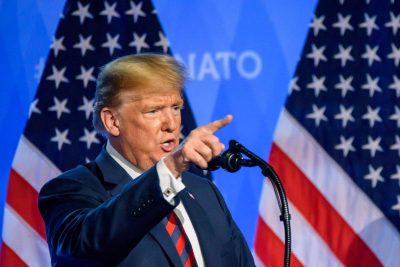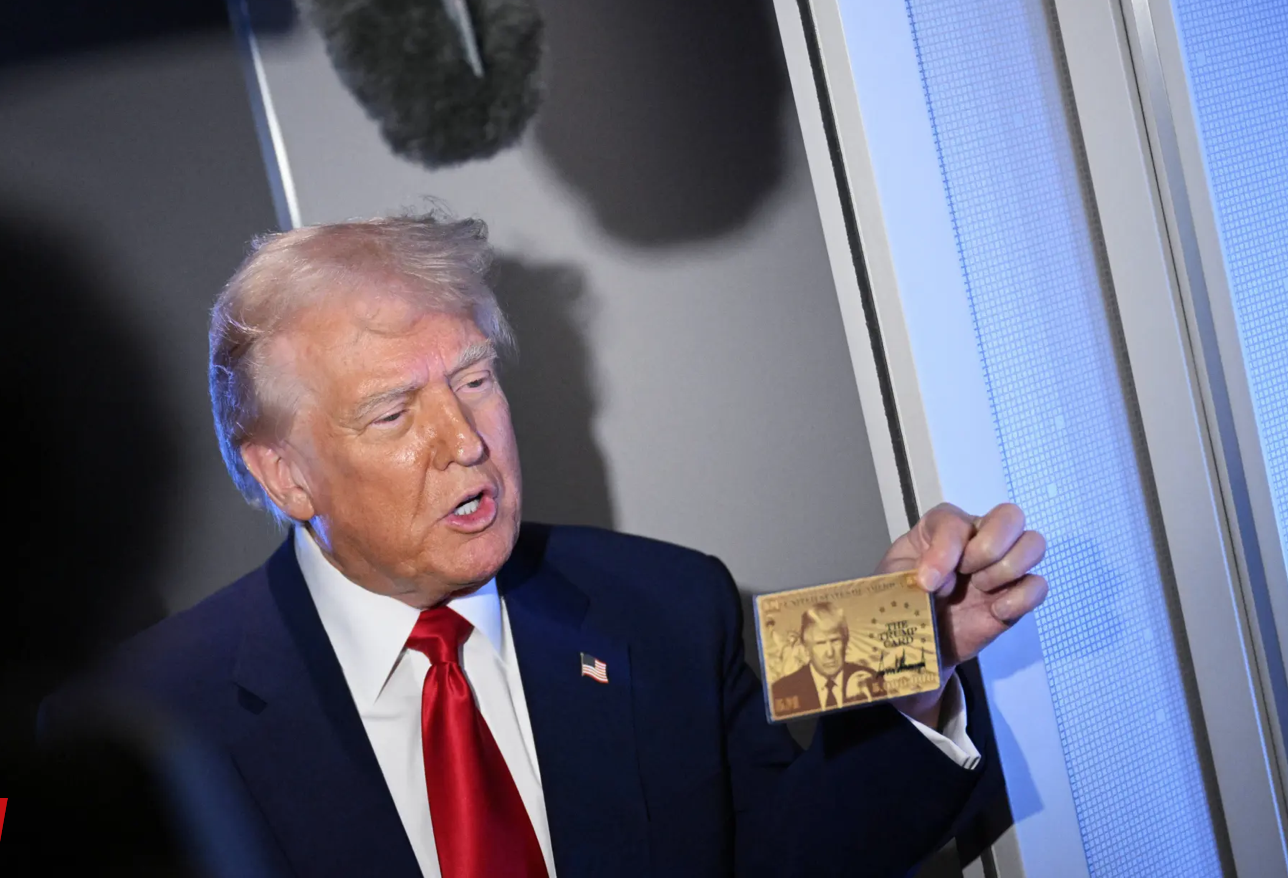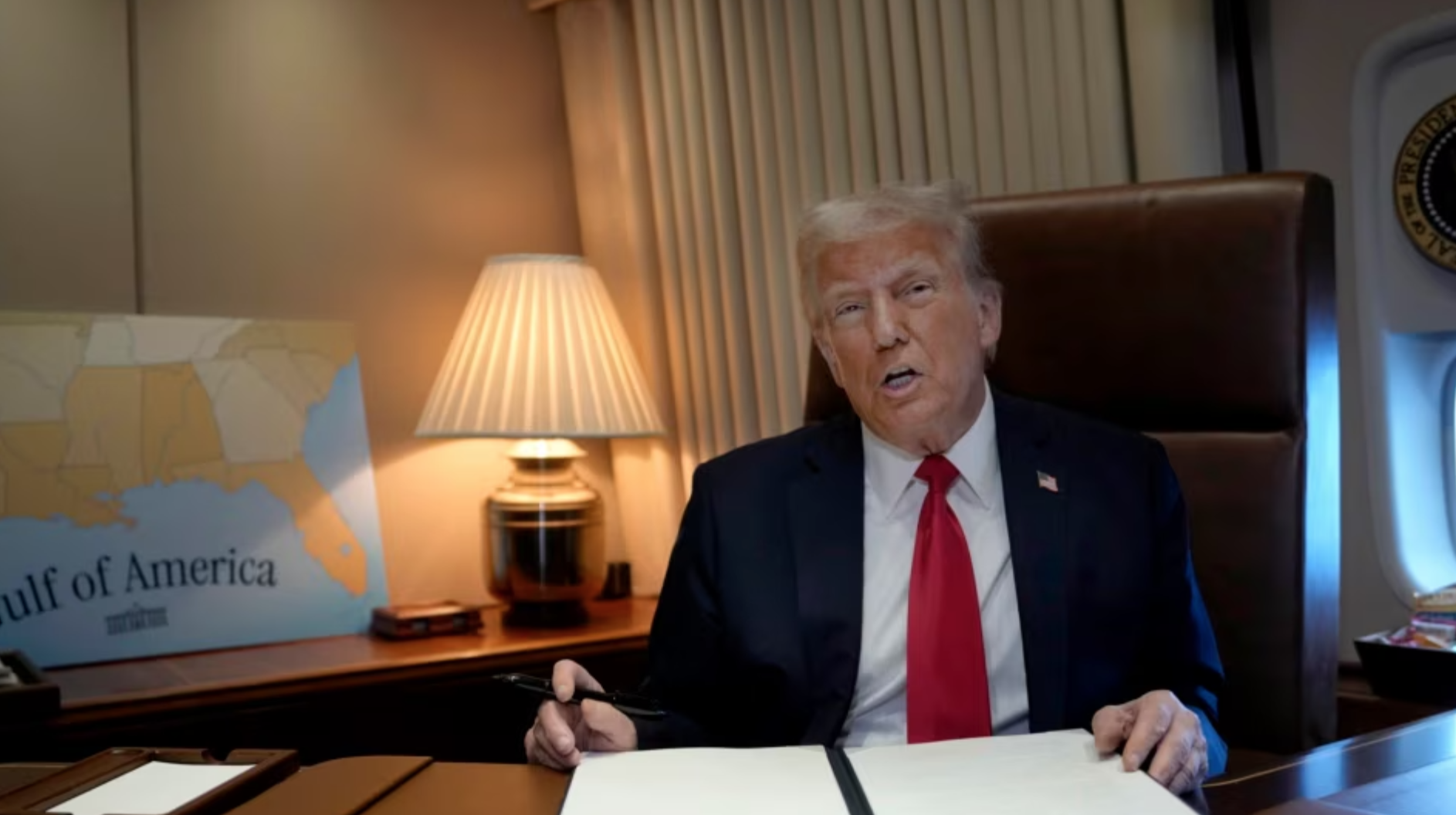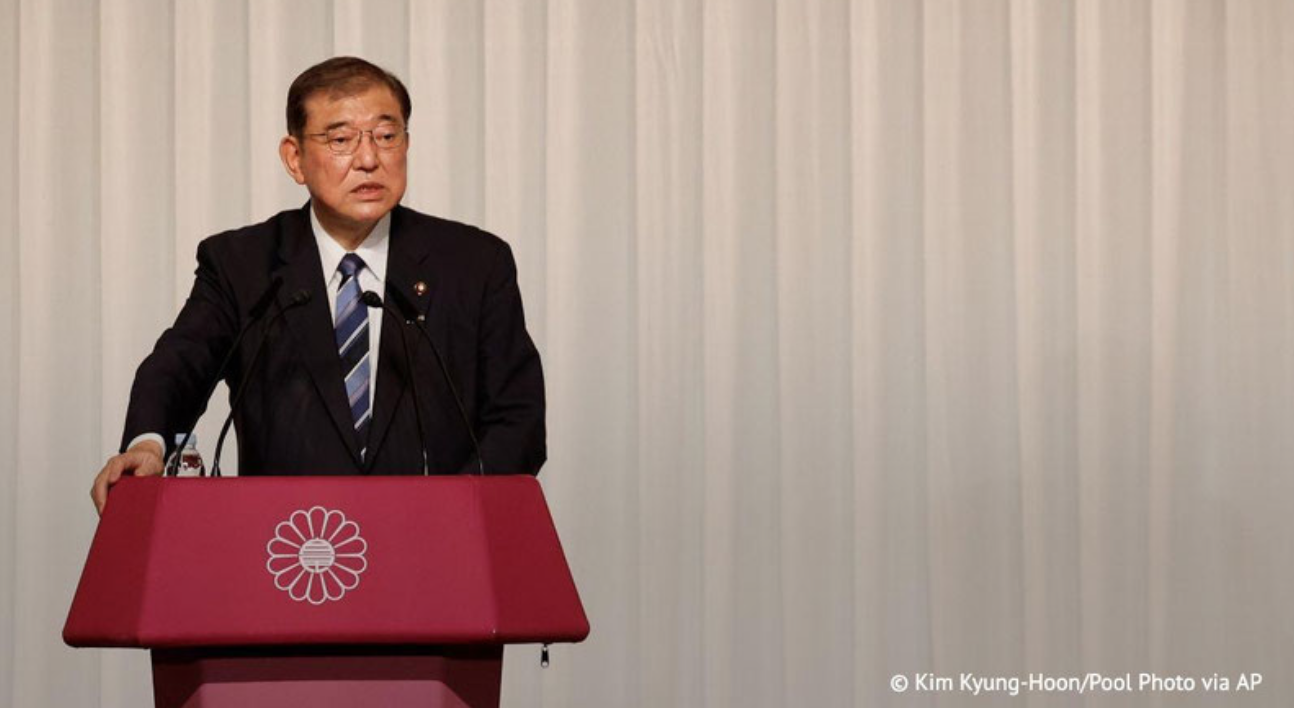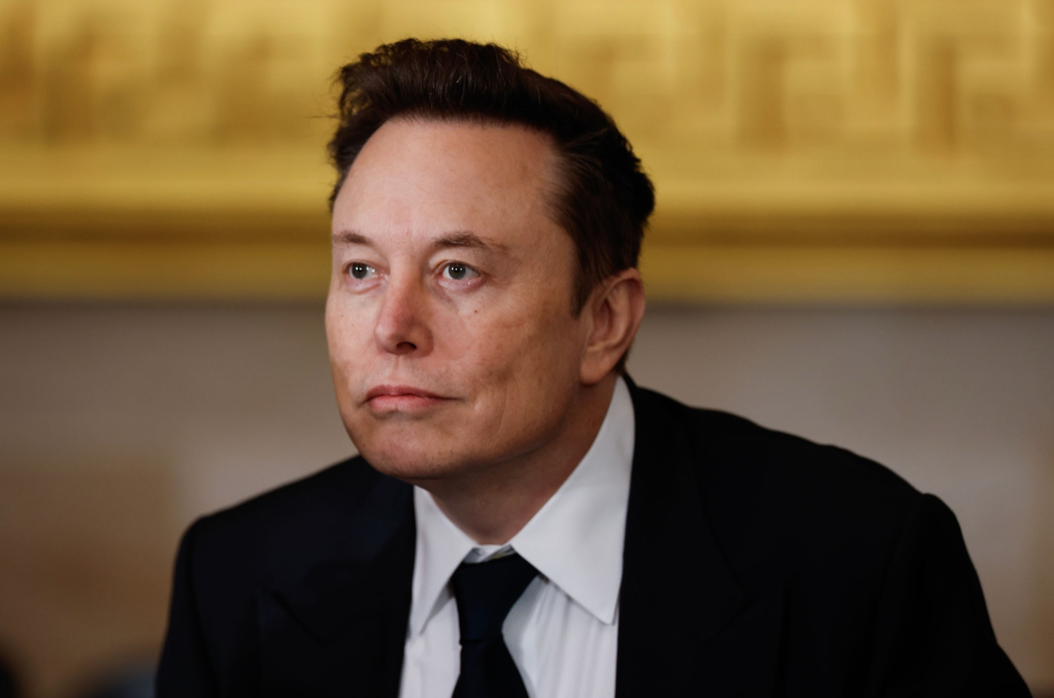Donald Trump Photo : Getty images
Donald Trump’s new list of appointments to his administration has caused a significant stir in US political circles. These appointments, described by leading publications as extremely unconventional, are intended to concentrate power in the hands of Trump’s loyal supporters to implement his programme more effectively. The Financial Times, the New York Times and Fox News write about this.
Key appointments and reactions
Among the most discussed figures:
- Tulsi Gabbard, a former Democratic congresswoman with pro-Russian views, is appointed director of national intelligence.
- Matt Gaetz, a far-right congressman under investigation, was appointed attorney general.
- Pete Hegseth, a Fox News host with no experience of managing large structures, became Minister of Defence.
Most of these appointments emphasise loyalty to Trump rather than expertise in their respective fields. This decision has drawn criticism from both Democrats and moderate Republicans who see them as risky.
Shifting priorities
Analysts note that Trump is trying to avoid conflicts with his own officials, as was the case in his first administration. He wants to fully control three key areas – the Department of Justice, the Pentagon and the intelligence services – which he believes hindered the implementation of his policies during his first term.
Plans and challenges
The new appointments should implement Trump’s key initiatives:
- Mass deportation of migrants.
- Simplifying the extraction of fossil fuels.
- Reforms in the military and intelligence sectors.
However, some of the nominees may face problems during confirmation in the Senate. This is especially true of Matt Goetz, whose nomination has already provoked a negative reaction even among Republicans.
General approach
These appointments reflect Trump’s new strategy of placing loyalty and commitment above professional experience. This decision could have a significant impact on the US governance structure, causing both polarisation in politics and potential problems in the implementation of his plans.


